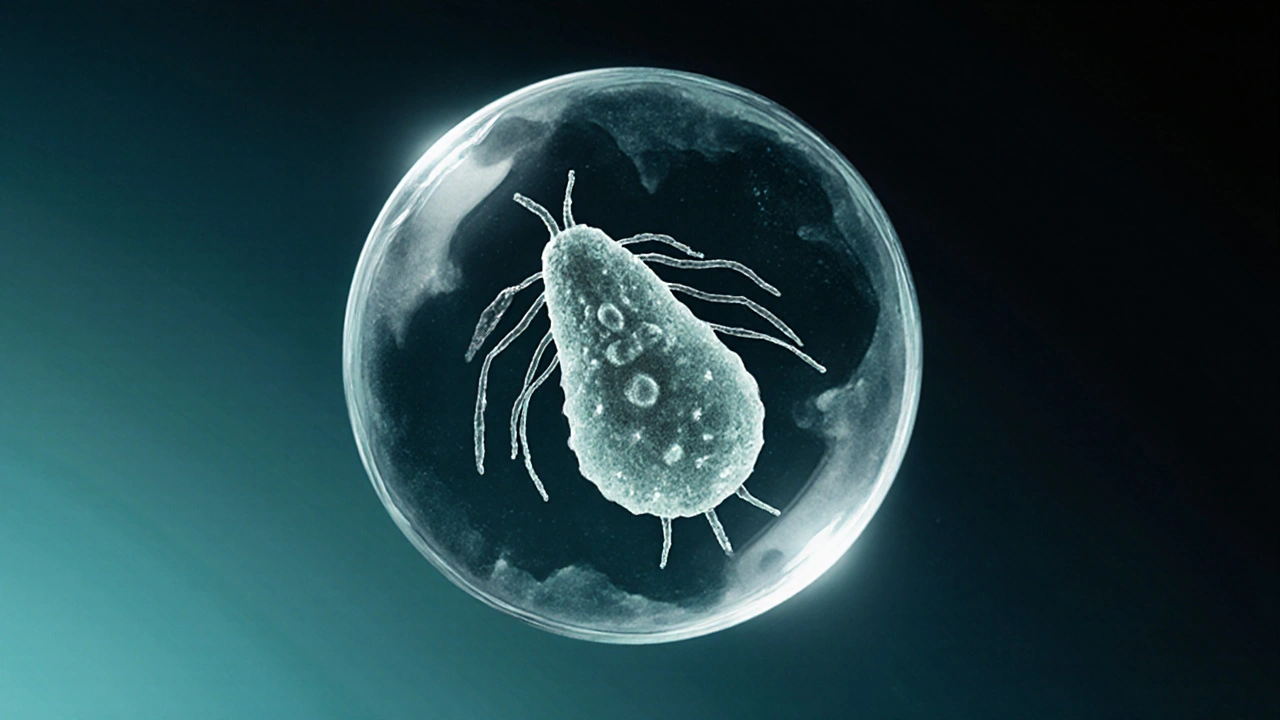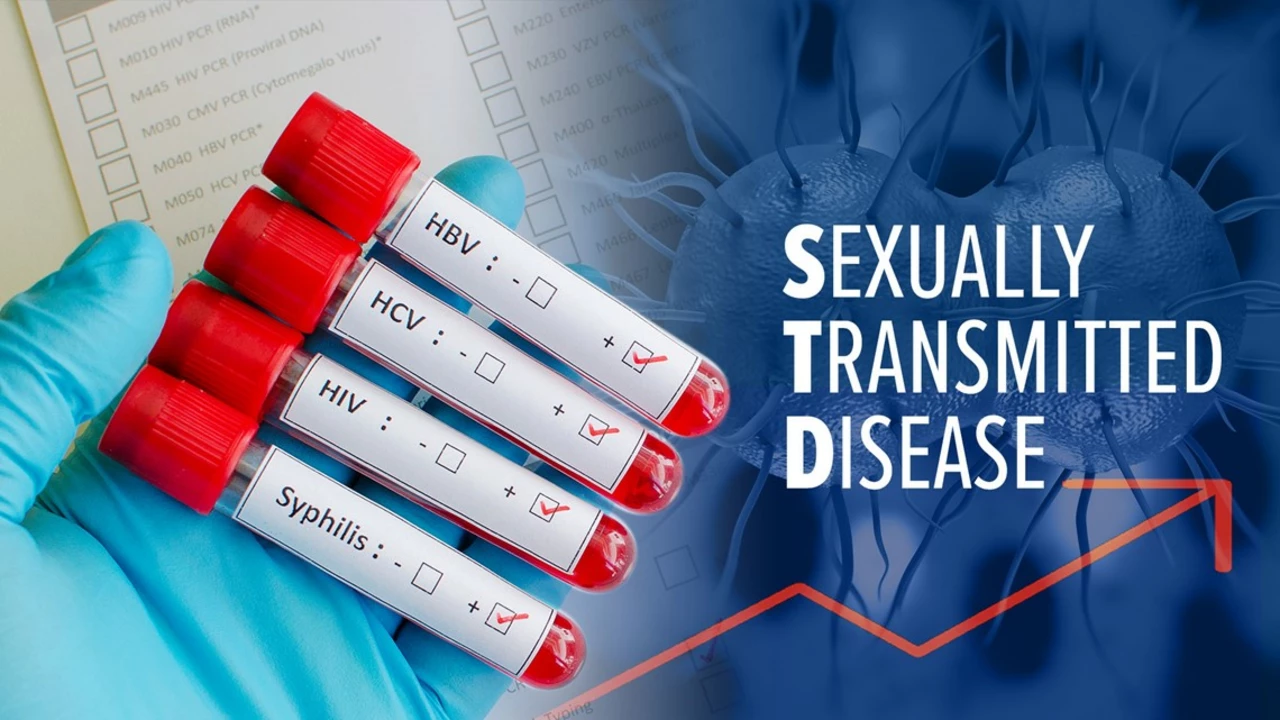Sexual Health: Practical Guides on STIs, Testing, and Safer Sex
STIs are more common than most people think, and silence makes them worse. Here you'll find plain answers: how to reduce risk, when to get tested, what treatment looks like, and how to talk with partners without awkwardness.
Prevention matters. Use condoms correctly every time for protection against most STIs. Condoms reduce risk of chlamydia, gonorrhea, trichomonas, and HIV; they also lower HPV and herpes transmission but don't eliminate it. Vaccines work—HPV vaccine prevents the infections that cause most cervical cancers, and hepatitis B vaccine protects the liver. If you have a steady partner, consider regular testing and open talk about sexual history and recent tests.
What to expect from treatment
Most bacterial STIs are curable with antibiotics. Gonorrhea and chlamydia respond well when treated early, though some strains need updated meds. Viral infections like herpes and HIV are managed with antiviral drugs. Starting treatment early reduces complications and cuts transmission risk. Always finish prescribed meds and avoid sex until a clinician says it's safe. If a partner tests positive, get tested and follow partner-notification advice from your clinic—they often handle this confidentially.
Talking with partners and keeping privacy
Bring up sexual health as a normal topic: ask when they last tested, whether they vaccinate against HPV, and if they use condoms. Say something like, "I get tested every year—when did you last check?" That keeps it casual and non-accusing. Use clinic services that protect your privacy if you worry about records. Many regions offer anonymous testing or discrete billing options. If you need help telling a partner about an STI, clinics can provide scripts or notify partners for you.
Special tools are available: PrEP lowers HIV risk for people at higher exposure, and rapid tests let you know certain results in minutes. Home testing is expanding—home HIV and chlamydia tests exist—but follow up with a clinic for treatment and confirmatory testing. If symptoms appear—painful urination, unusual discharge, sores, or rash—seek care quickly. Those signs can point to different conditions that need specific treatments.
If you're sexually active, use this checklist: get a baseline screening when you start a new relationship, ask about HPV vaccination (often given before sexual activity and still helpful later), consider PrEP if you have higher HIV exposure, use condoms with new or casual partners, and follow your clinic's testing schedule. Pregnant people should get early screening to protect the baby.
Antibiotic resistance is growing for some infections like gonorrhea, so get treated at a clinic that follows current guidelines. If symptoms return after treatment, go back—don’t self-medicate. Trusted sources include local health departments, community clinics, and recognized nonprofits. Telehealth can screen and prescribe in many places, but follow up in person when tests or exams are needed.
Get reliable information and avoid rumor sites. Our posts cover prevention, testing options, medication basics, and how to talk to partners. Start with testing if you’re unsure—knowledge beats worry and helps you protect yourself and others.
Stay informed.
- Colin Hurd
- Oct, 5 2025
- 14 Comments
Trichomoniasis Symptoms, Causes & Treatment Guide
A clear guide on trichomoniasis covering symptoms, causes, diagnosis, treatment options, prevention tips, and FAQs for anyone seeking reliable sexual health information.
- Colin Hurd
- May, 14 2023
- 12 Comments
Addressing the Global Epidemic of Sexually Transmitted Infections
As a blogger, I feel compelled to address the alarming global epidemic of sexually transmitted infections (STIs). It's crucial to spread awareness about the importance of early detection, treatment, and prevention methods to combat this growing issue. Encouraging open and honest conversations about sexual health and safe practices can help break the stigma surrounding STIs. We must also advocate for comprehensive sexual education and accessible healthcare services for everyone. Together, we can create a healthier, more informed society and effectively tackle this pervasive problem.


